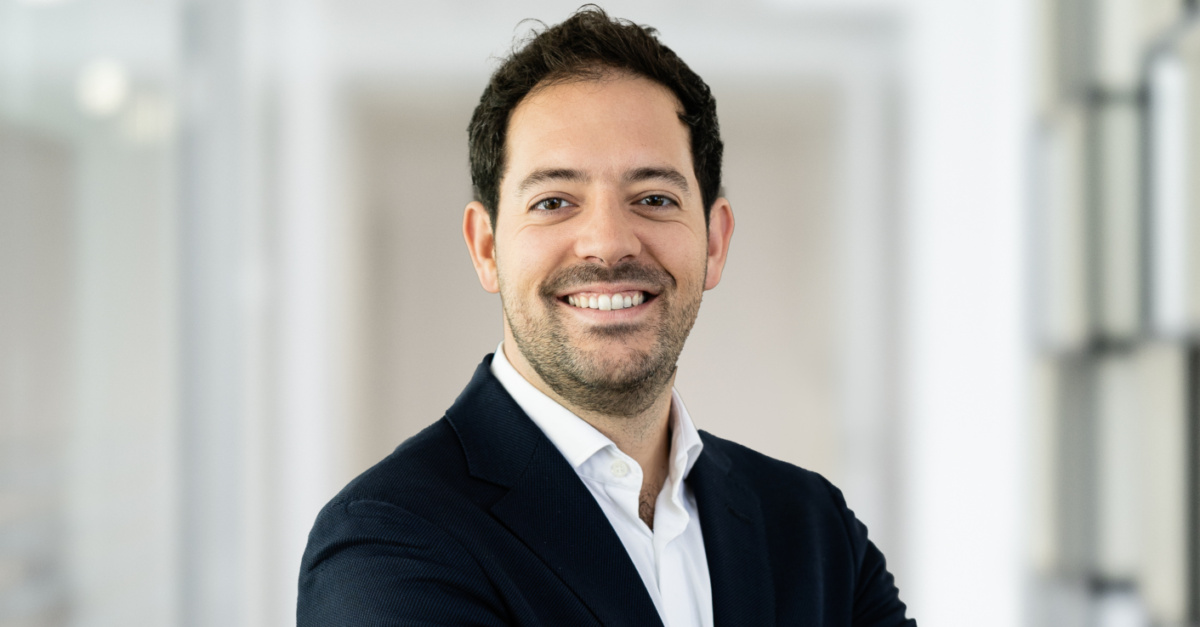Omnes co-investment : secrets of a winning co-investment formula revealed

Today, we are delighted to be exploring co-investments with Simon Hardi, a partner in Omnes’ co-investments team, and Gilbert Milan, a Senior Advisor and Member of the Investment Committee. Their different perspectives provide unique insights into how they discerningly select co-investment opportunities based on stated preferences, rigorous analysis and a methodology with a proven ability to outperform the market.
What’s your co-investment strategy?
Gilbert Milan: We target optimum risk/reward profiles and aim to generate an exit multiple of over 2x, with capital preservation being a key point of emphasis. To achieve these goals, we focus on businesses with solid market fundamentals.
Simon Hardi: In practical terms, our preference lies with resilient businesses providing non-discretionary essential products or services that operate in markets set for long-term expansion. We look for leaders protected by substantial barriers to entry and enjoying high levels of profitability, sheltered from the effects of inflation and generating solid cash flows. We believe businesses with these characteristics are best placed to thrive and flourish in uncertain economic and geopolitical environments.
How do you select opportunities?
Simon Hardi: We conduct an in-depth audit of co-investment opportunities by applying our methodology that we have refined over the past 15 years. We start by gaining a thorough understanding of the business and its market fundamentals through conversations with the asset manager and industry experts. Next, we conduct an exhaustive analysis of the manager’s audits (financial, strategic due diligence, etc.).
Then we conduct our own business plan modeling and apply radically worse assumptions than the asset manager. We go ahead with th co-investment only if our projections point to returns in line with our expectations and confirm we will be able to recover the capital we invest – even in worst-case scenarios.
Gilbert Milan: The team and the committee add value by critically assessing the asset managers’ business plans. We analyse the sensitivity of the expected returns to value creation assumptions. We measure the sensitivity of performance to factors such as a margin decline, higher interest rates or a contraction in valuation multiples. That enables us to spot the most robust opportunities from an expected performance perspective.
What results has this methodology produced?
Simon Hardi: We are selective because we turn down over 80% of the opportunities we receive. That means we invest only in the best deals that have been pre-screened by the top asset managers. Ultimately, we have outperformed the market with an exit multiple of 2.4x on our selection, well ahead of the average multiple of 1.9x for our deal flow. What’s more, we generate multiples of over 3x on one in three of our exits.
Gilbert Milan: Our strategy is proving to be more effective than ever. Our companies are immunized against cycles, as reflected by the 5% revenue growth achieved by our companies in 2020 at the height of the Covid pandemic and by our portfolios’ impressive track record over the past 18 months despite the highly strained economic and political conditions. That’s what makes us confident in our ability to deliver our target returns to investors.
“We turn down over 80% of the opportunities we receive. That means we invest only in the best deals that have been pre-screened by the top asset managers.”
How do you embed ESG factors in your investment decisions?
Simon Hardi: We take a pragmatic approach. As a co-investor with a limited stake in our portfolio companies in most cases, we don’t hold much sway over their ESG policy. That said, we are keen to direct our investments towards those asset managers and companies that are most proactive on ESG issues. Our vehicles are classified as Article 8 funds under the SFDR insofar as they promote the most ESG-friendly asset managers and companies.
Gilbert Milan: In the same way as we conduct strategic, financial and legal due diligence, we also have an ESG audit component. We make certain that the asset managers we are investing alongside have a credible action plan to support their investee companies. We also pay close attention to the ESG policies already in place in the businesses.
First published in Scope Spring 2024
